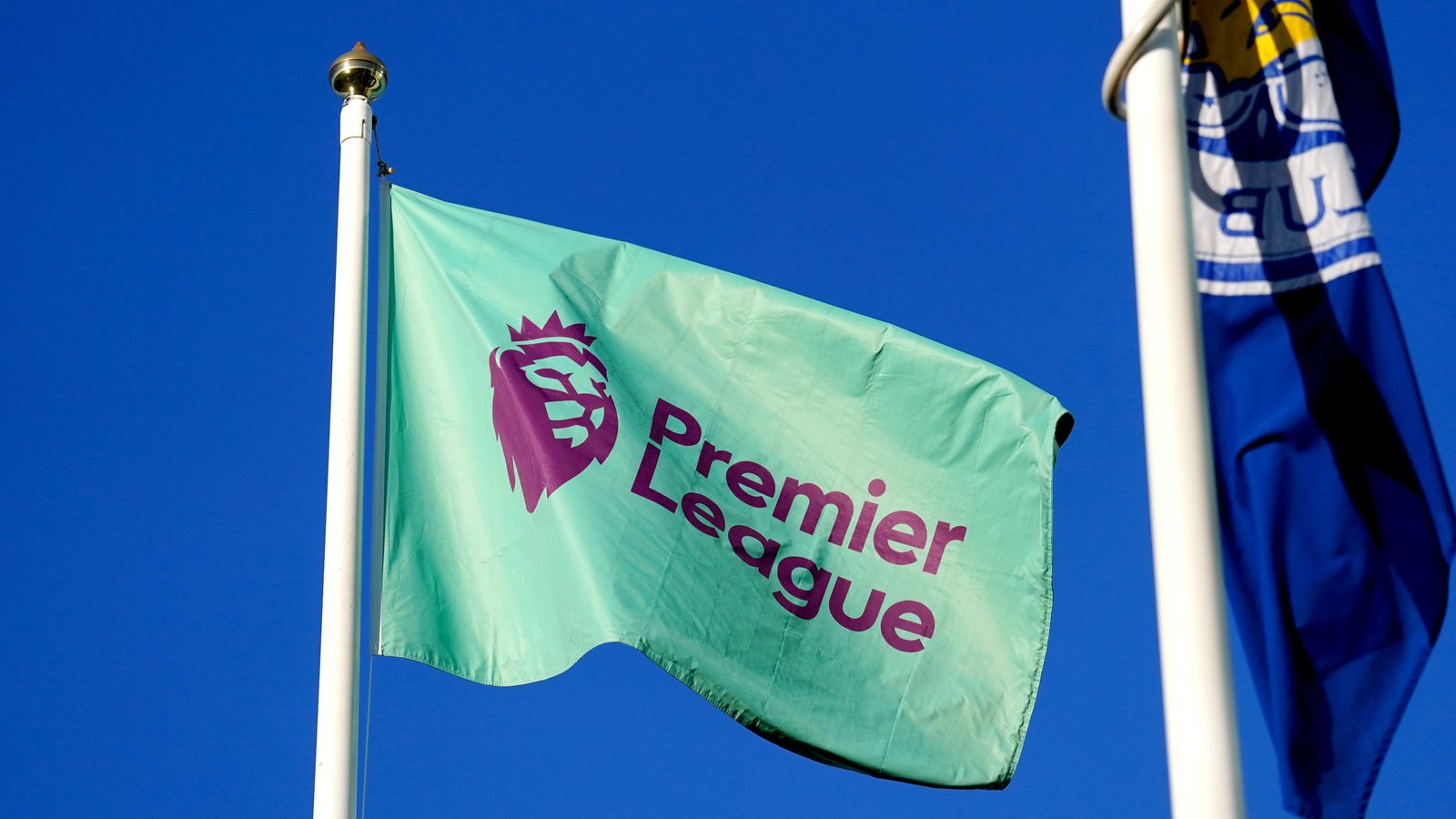New football regulator announced to vet prospective owners and prevent breakaway competitions


The government has announced its plan for an Independent Football Regulator (IFR) for the professional men’s game.
The IFR came about following a review by Tory MP Tracey Crouch, which itself was launched after the attempt by clubs to form the European Super League.
But the Premier League has responded by saying they “remain concerned” about the legislation, which they claim could unintentionally “weaken the competitiveness and appeal of English football“.
Among the measures contained in the IFR – which will be subject to parliamentary scrutiny – are:
• New “stronger tests” for new owners and directors to “stop clubs falling into the wrong hands”. They face being blocked and even struck off from future attempts;
• “Backstop powers” to sort out the financial distribution between the Premier League and English Football League, if they cannot come to an agreement themselves;
• All clubs from National League One to the Premier League will be need to be licensed to compete in competitions, following “a number of issues in recent years including financial mismanagement, breakaway plans for the European Super League, and changes to club names, badges and colours against the wishes of fans”;
• New requirements to protect from “breakaway competitions” and “stadium relocations”;
• An obligation to consult fans on “key off-field decisions” will also be a requirement of the licence. This could include decisions on cub heritage and strategic direction.
Advertisement
Read more:
Minister urges clubs to seal football ‘New Deal’ ahead of legislation
Premier League shelves New Deal vote amid club stalemate
Sky News Monday to Thursday at 7pm.
Watch live on Sky channel 501, Freeview 233, Virgin 602, the Sky News website and app or YouTube.
As well as statutory regulation of football clubs, the government has also announced that the IFR will produce a periodical report, called “State of the Game”, which will analyse the financial state of football.
The government says the IFR will not be “overly-interventionist”, and will instead take an “advocacy first” approach – although these will be backed by a “broad suite of powers to investigate suspected non-compliance, compel information, and enforce if necessary”.
It is also pledged that the bill will have “no input in on-field decisions and will act in a way that minimises any impact on sporting competitions”.
A “shadow regulator” will be set up to run while the IFR is created, with a location, chair and board make-up all still up in the air.
Prime Minister Rishi Sunak said: “Football has long been one of our greatest sources of national pride. Up and down the country, it brings people together in celebration or commiseration.
“But for too long some clubs have been abused by unscrupulous owners who get away with financial mismanagement, which at worst can lead to complete collapse – as we saw in the upsetting cases of Bury and Macclesfield Town.
“This bill is a historic moment for football fans – it will make sure their voices are front and centre, prevent a breakaway league, protect the financial sustainability of clubs, and protect the heritage of our clubs big and small.”
Ms Crouch said that “football fans can begin to breathe a sigh of relief in the knowledge that the next steps towards protecting the long term sustainability of the pyramid have now been taken”.
In response to the announcement, a spokesperson for the Premier League said it would study the bill once it is published.
“We agree it is vital that football clubs are sustainable, remain at the heart of their communities and that fans are fundamental to the game,” it added.
“The government has consistently stated that it wishes to support the Premier League’s continued global success which generates funding to help sustain the entire football pyramid.
👉 Listen above then tap here to follow Politics at Jack at Sam’s wherever you get your podcasts 👈
“With our clubs, we have advocated for a proportionate regime that enables us to build on our position as the most widely watched league in the world.
“Mindful that the future growth of the Premier League is not guaranteed, we remain concerned about any unintended consequences of legislation that could weaken the competitiveness and appeal of English football.”

